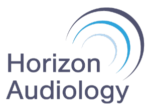
Welcome to Horizon Audiology
The team at Horizon Audiology is committed to making every patient experience the very best, each step of the way. It’s part of the Horizon difference. Our audiologists have decades of combined experience and will do whatever it takes to help you with your hearing health. Whether you are struggling with hearing loss, ringing in the ears, or another hearing disorder, we are here to help you.
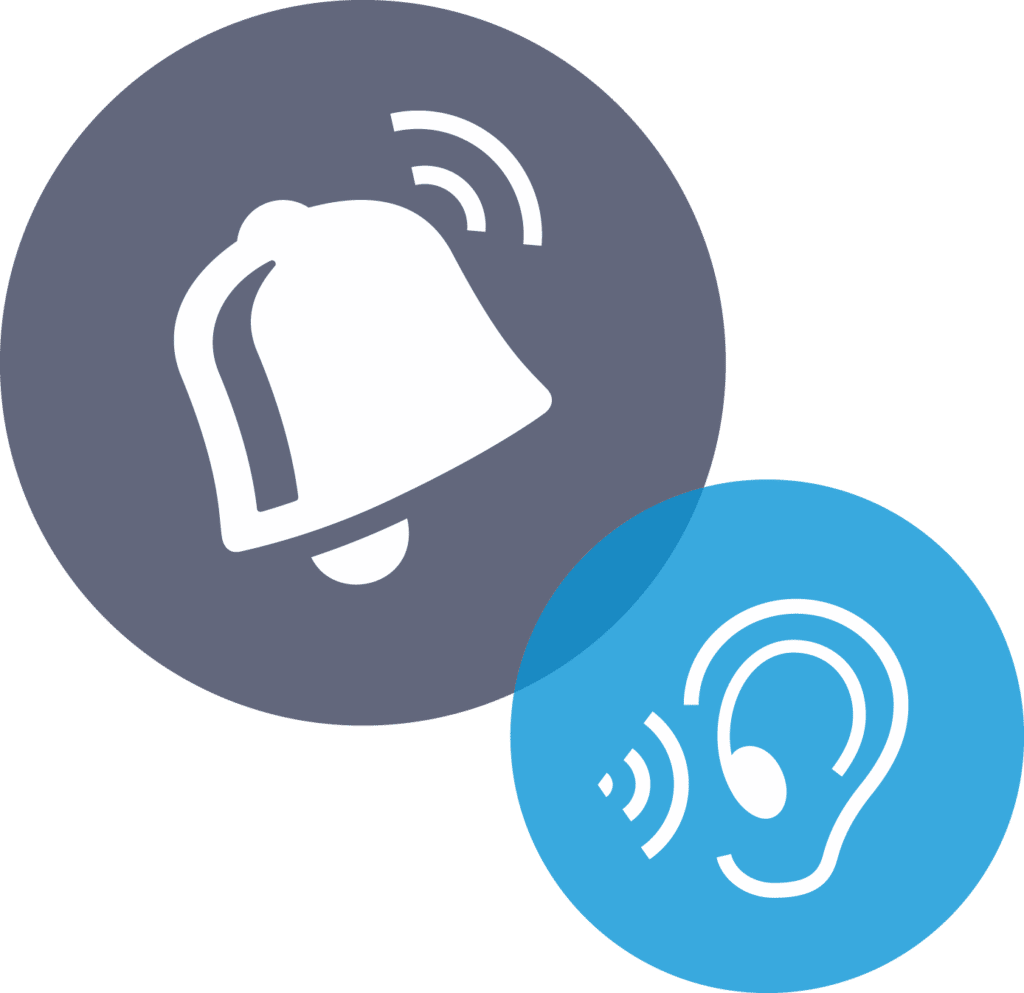
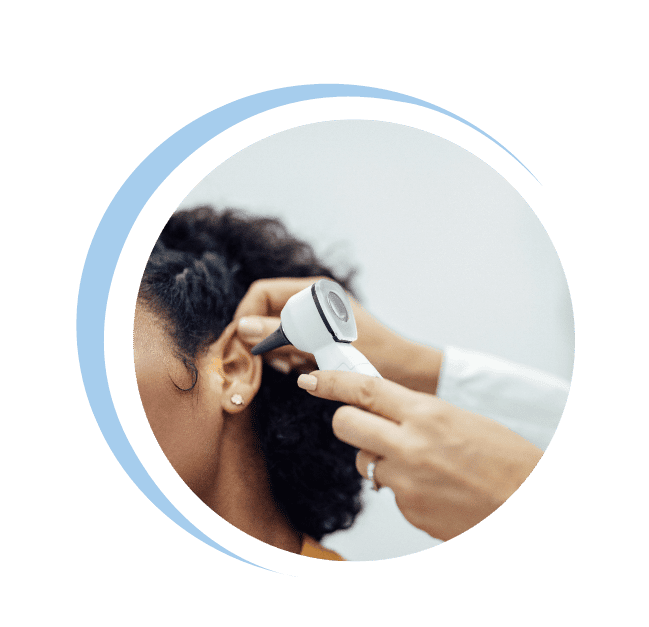
Why Choose Horizon Audiology?
We provide comprehensive audiology services to the people of East Windsor, Pennington, and the surrounding communities. With two convenient office locations, our team can help even more people in New Jersey experience healthier hearing and more fulfilled lives. Your hearing is an integral part of your overall health and well-being, that’s why we work with patients of all lifestyles and incomes. Our goal is to help you hear better so you can reconnect with your loved ones and hear the joyous sounds of life again.
What to Expect at Your First Appointment
A comprehensive hearing exam is the first step toward getting a thorough, accurate picture of your ear health. We see first time patients in both our East Windsor and Pennington offices.

Your appointment will always begin with a conversation. Our goal is to get to know you and more about your hearing ability. We will ask you some questions to better understand your hearing, what your goals are, and where you are having trouble.
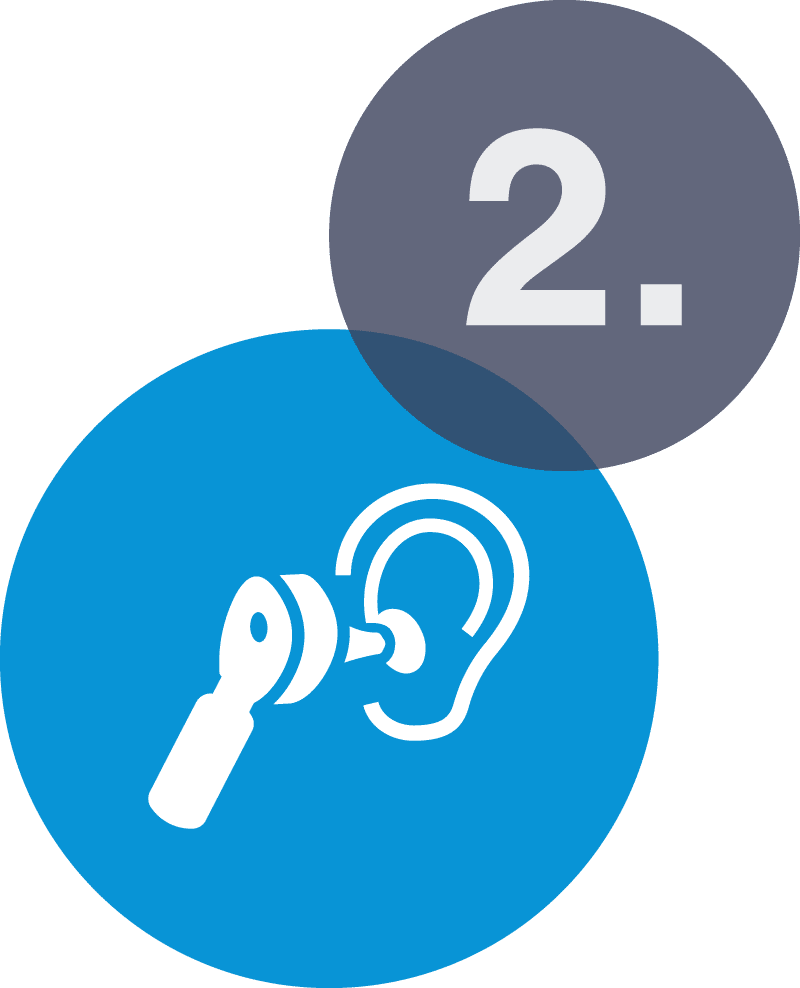
After our conversation we will look inside your ears with an otoscope to ensure your ear canal and eardrum are healthy.
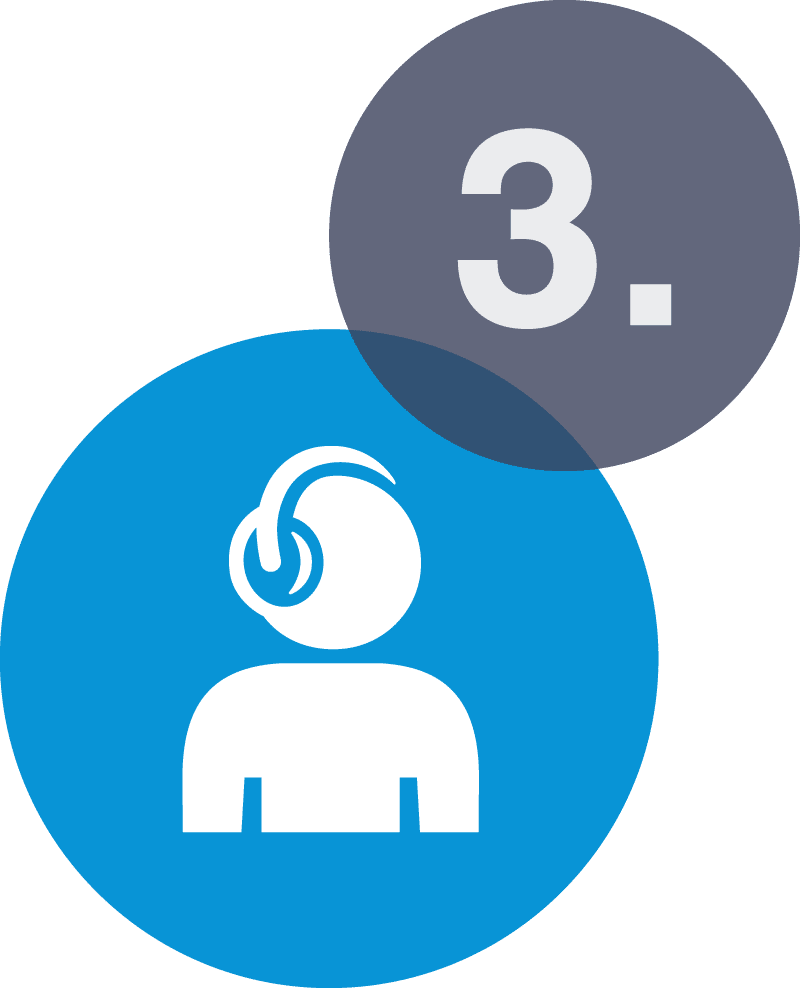
Once we’ve examined your ears then we can begin the hearing test. We will assess your ability to hear in noise and quiet as well as various sounds at different volumes. This will give us a deeper understanding of the exact degree of your hearing loss.

We will go over the results of your hearing test (your audiogram) and answer any questions you may have. If you would be a good candidate for hearing aids, we will show you some devices in office that we believe will help you.
Preferred Provider of the NFL Players Association

What's New in Hearing Healthcare?

The Sound of Stress: Tinnitus and Hearing Health
Learn about stress’s impact on tinnitus and hearing health. Find relief with our stress management tips. Schedule an appointment now!

World Hearing Day: Prioritizing Hearing Health for a Better Tomorrow
Prioritize your well-being: Explore the impact of hearing loss on World Hearing Day.

Understanding Tinnitus: Strategies and Exercises for Better Well-Being
Combat persistent tinnitus with proven exercises for effective relief. Take control of your well-being starting today.

9 Hearing Health Tips for the New Year
Improve your hearing health in the New Year. Take these 9 proactive steps towards better hearing and schedule a hearing appointment with us today!
East Windsor

300A Princeton Hightstown Rd.
Suite 204
East Windsor, NJ 08520

Monday - Friday
9:00 am - 4:00 pm
Pennington

84 NJ-31 N.
Suite 200
Pennington, NJ 08534

Tuesday, Wednesday, Thursday
9:00 am - 4:00 pm
